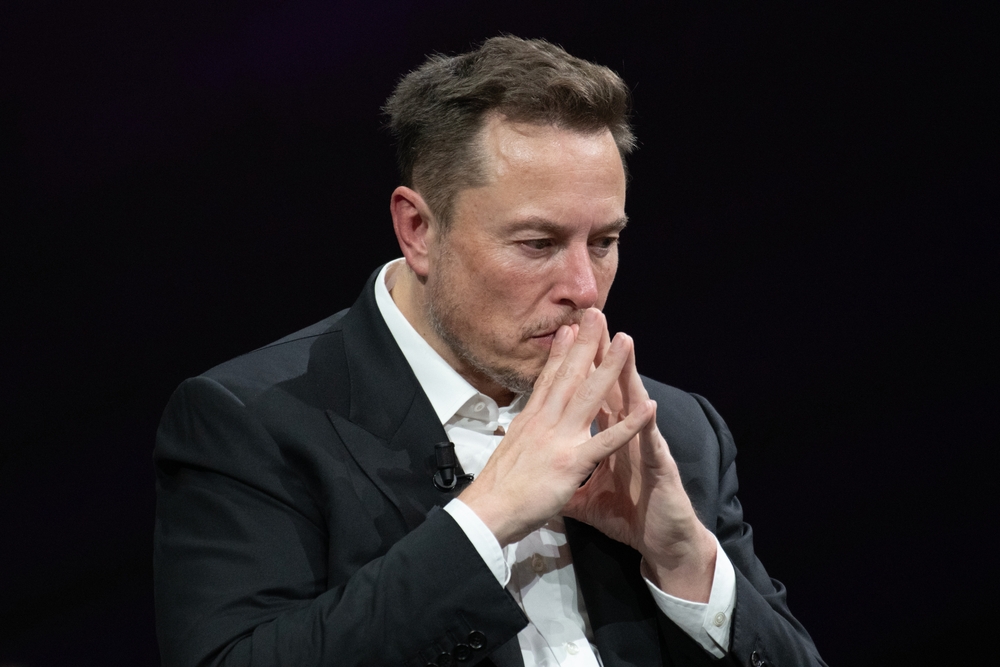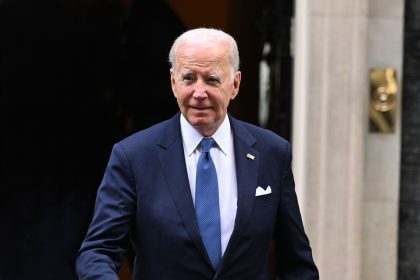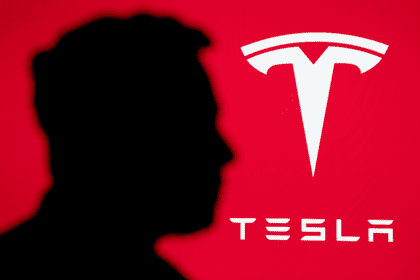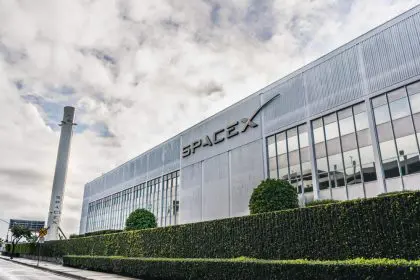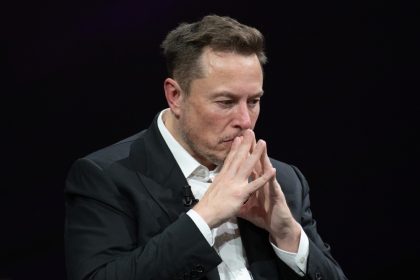A dramatic public confrontation between Elon Musk and Donald Trump has erupted over controversial legislation that could reshape the nation’s energy landscape. The heated exchange reveals deep divisions within conservative circles and threatens to upend both political alliances and business relationships worth billions of dollars.
Musk has launched an unprecedented attack on Trump’s flagship domestic policy initiative, using his massive social media platform to warn Americans about what he considers catastrophic consequences for the country’s economic future. His vocal opposition has already triggered significant market reactions and raised questions about the stability of key business partnerships with the federal government.
Musk breaks with Trump over energy policy
Elon Musk‘s decision to publicly challenge Trump’s One Big Beautiful Bill represents a dramatic shift in his relationship with the president. Having previously maintained cordial relations with Trump during his first term and early second term, Musk’s recent statements mark the most significant public disagreement between the Tesla CEO and the former reality TV star since Trump’s inauguration.
Using his social media platform X, Musk delivered a series of scathing assessments of Trump‘s proposed legislation, characterizing it as fundamentally destructive to American interests. His comments specifically targeted provisions that would impose new tax burdens on renewable energy projects, an area where his companies have invested heavily over the past decade.
The criticism centers on proposed tax increases affecting solar installations, battery storage systems, geothermal projects, wind farms, and nuclear energy facilities. These sectors represent core business areas for Tesla and other companies in the entrepreneur’s portfolio, making the legislation a direct threat to his commercial interests and long-term strategic vision.
Market reactions reflect investor concerns
Financial markets responded swiftly to the escalating dispute between Musk and Trump, with Tesla shares experiencing a sharp decline following the public exchange. The stock dropped 14 percent in trading sessions after Trump suggested that government contracts awarded to Musk’s various companies might face review.
This market reaction underscores the significant financial stakes involved in the political disagreement. Tesla and other companies controlled by the business magnate have received substantial government contracts and subsidies over the years, creating dependencies that make political relationships crucial to their continued success.
The threat to reassess existing government agreements represents a powerful tool that Trump could use to influence Musk’s future public statements. However, Musk’s continued vocal opposition suggests he views the policy implications as more important than potential financial consequences for his business empire.
Energy sector implications spark debate
At the heart of the Musk-Trump controversy lies a fundamental disagreement about America’s energy future and the role of government policy in shaping industrial development. Trump’s proposed legislation reflects a preference for traditional energy sources and manufacturing approaches, while Musk advocates for continued investment in renewable technologies and modern industrial processes.
Trump’s bill includes provisions that would provide new subsidies for coal used in steel production, representing exactly the type of backward-looking policy that Musk argues will harm American competitiveness. The Tesla CEO contends that supporting industries of the past comes at the expense of future-oriented sectors that could drive long-term economic growth.
This philosophical divide between Musk and Trump extends beyond immediate business interests to encompass broader questions about technological progress and economic strategy. Musk argues that penalizing renewable energy development while subsidizing traditional fossil fuel applications will leave America behind in the global transition to cleaner technologies.
Political calculations face scrutiny
The entrepreneur’s reference to polling data suggesting the legislation represents political suicide for the Republican Party adds another dimension to the controversy. His assertion that public opinion opposes the bill challenges the administration’s political calculations and raises questions about the legislation’s long-term viability.
These polling references highlight the complex political dynamics surrounding energy policy, where economic interests, environmental concerns, and partisan loyalties often conflict. The fact that a prominent business leader with conservative-leaning views opposes the legislation suggests potential broader opposition within traditional Republican constituencies.
The political implications extend beyond immediate legislative success to encompass longer-term electoral consequences. If the entrepreneur’s assessment of public opinion proves accurate, the legislation could create political vulnerabilities that opponents might exploit in future campaigns.
Strategic relationships under strain
The public nature of this disagreement creates complications for both parties involved. The Tesla executive risks losing access to government contracts and policy influence, while the administration faces criticism from a high-profile supporter of American technological innovation and job creation.
Government contracts have played a crucial role in the development of several companies within the entrepreneur’s business empire. SpaceX relies heavily on NASA and Department of Defense agreements, while Tesla has benefited from various clean energy incentives and programs. The threat to review these relationships creates uncertainty that could affect business planning and investment decisions.
The strain in this relationship also reflects broader tensions within conservative political coalitions between traditional industry supporters and advocates for technological innovation. The entrepreneur’s criticism suggests these tensions may be becoming more pronounced as policy decisions force choices between competing economic interests.
Industry transformation at crossroads
The controversy illuminates fundamental questions about the direction of American industrial policy and the government’s role in supporting emerging technologies versus established industries. The proposed legislation represents a clear preference for traditional manufacturing and energy production, while the entrepreneur advocates for policies that accelerate technological transformation.
Tesla’s position as a leader in electric vehicle production and battery technology makes the company particularly vulnerable to policy changes that increase costs for renewable energy projects. The proposed tax increases could affect the economics of charging infrastructure development and battery production, potentially slowing the adoption of electric vehicles.
Beyond immediate business impacts, the policy debate reflects competing visions of American economic strategy. The entrepreneur argues that supporting renewable energy and advanced manufacturing technologies is essential for maintaining competitiveness in global markets, while the administration appears to prioritize supporting traditional industries that employ large numbers of workers in key political constituencies.
Global competitiveness concerns emerge
The Tesla leader’s warnings about strategic harm to American interests reflect concerns that policy decisions could affect the country’s position in emerging technology markets. As other nations invest heavily in renewable energy and electric vehicle infrastructure, American policy choices could determine whether domestic companies maintain their current advantages.
China’s massive investments in battery technology and solar panel manufacturing have already created competitive pressures for American companies in these sectors. Additional tax burdens on renewable energy projects could further disadvantage domestic companies competing against subsidized foreign competitors.
The entrepreneur’s emphasis on job destruction rather than job creation challenges the administration’s narrative about the legislation’s economic benefits. His argument suggests that supporting declining industries at the expense of growing sectors could result in net job losses and reduced economic competitiveness.
Future implications remain uncertain
As the legislative process continues, the outcome of this high-profile disagreement could influence both policy decisions and business relationships. The entrepreneur’s willingness to maintain his opposition despite potential financial consequences suggests deep conviction about the importance of the policy issues involved.
The resolution of this conflict will likely affect not only the immediate parties but also broader relationships between government and the technology sector. Other business leaders may be watching to see whether public criticism results in retaliation or whether policy concerns can be addressed through continued dialogue.
The ultimate impact on American energy policy and industrial development will depend on how political leaders balance competing interests and whether they can find approaches that support both traditional industries and emerging technologies. The entrepreneur’s vocal opposition ensures that these trade-offs will remain in the public spotlight as the legislative process moves forward.

